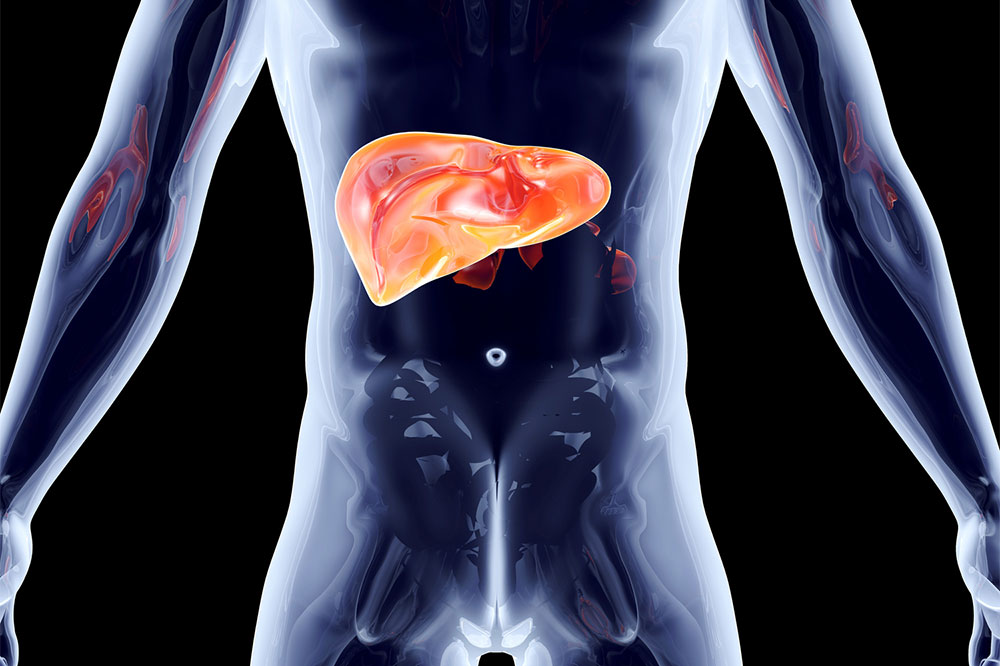Hidden Facts About the Liver You Might Not Know
Discover fascinating and lesser-known facts about the liver, including its regenerative ability, detoxification functions, historical significance, and role in blood production. Learn how this vital organ supports overall health and why maintaining liver health is crucial for your well-being.

Hidden Facts About the Liver You Might Not Know
The liver, the second-largest organ in the human body, is vital for numerous bodily functions. It aids in metabolism, fat burning, and weight regulation. Positioned above the stomach beneath the diaphragm, roughly the size of a football, it’s well-known for some features but hides many interesting facts. Here are some lesser-known insights about this incredible organ:
Unique ability to regenerate
The liver can regenerate itself, even after substantial damage, needing only a quarter of its tissue to restore full function, thanks to evolutionary mechanisms that safeguard this process.
Master detoxifier
The liver filters toxins from everything we consume, breaking down harmful substances with enzymes and oxygen. It then neutralizes leftover toxins by combining them with amino acids, which are eliminated via urine or bile.
Performs multiple functions
Recognized as one of the most complex organs, the liver performs hundreds of essential roles, including:
Synthesizing vital plasma proteins
Processing hemoglobin to retrieve iron
Removing drugs and poisons from the bloodstream
Converting ammonia into urea for excretion
Ancient civilizations revered it
Ancient Greeks believed the liver was the seat of pleasure, reflected in its Greek name, “hepar,” meaning joy and human emotion. Mesopotamians also attributed emotional significance to this organ.
Crucial for blood development
During fetal development, the liver and spleen are primary sites for blood cell and platelet formation, emphasizing its role in hematopoiesis.
Early transplants faced failure
The first attempt at human liver transplantation in 1963 by Thomas Starzl ended in failure, with patients not surviving past three weeks, following initial studies on dogs in 1958.
Liver health impacts brain function
A healthy liver efficiently removes toxins, protecting the brain from damage. Liver failure can lead to hepatic encephalopathy, which may cause coma.
Livers are found in all vertebrates
Beyond humans, all vertebrates possess livers. For instance, the basking shark’s liver can account for up to 25% of its total body weight, showcasing its importance across species.










